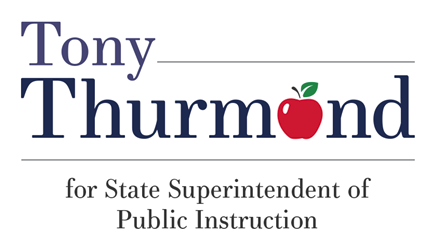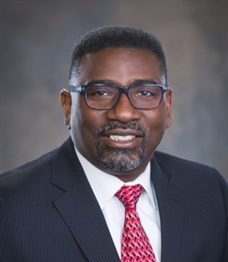As summer nears, school districts begin 'scenario planning' – By Linda Jacobson, Education Dive
Saturday “academies” and extending the current school year are among the possible ways state and district leaders say they plan to use the summer months to counter some of the learning loss expected due to school closures, uneven internet access and delays in implementing formal online instruction.
“We’re at the beginning of the conversation of what summer might look like,” California State Superintendent Tony Thurmond said last week during a press call focusing on parents’ early experiences with remote learning.
With $16 billion potentially available through the Coronavirus Aid, Relief and Economic Security (CARES) Act for K-12 education, leaders can begin to discuss whether some of those funds will be directed toward summer school.
“If districts want to think in innovative ways about how they could be bringing that money to bear on summer learning. they can use the dollars for that purpose,” said Mike Magee, CEO of Chiefs for Change, a network of current and former state and district superintendents.
He said his organization would also press for additional funds for education in the next stimulus package and that it should be significantly “bigger than the phase three stimulus” because school districts are concerned not only about summer learning loss, but also the economic downturn’s impact on budgets for the 2020-21 school year.

California, Oregon, and Washington Research & Education Networks Announce Collaborative Support for COVID-19 Western States Pact- from Valdosta Daily Times
Statewide research and education networks in California, Oregon, and Washington have joined to support the shared approach announced by their states’ respective leaders, Governors Gavin Newsom, Kate Brown, and Jay Inslee, this week to move toward a reopening of economic activity while safeguarding health outcomes.
CENIC, Link Oregon, and Pacific Northwest Gigapop (PNWGP) offer their ultra-broadband research and education telecommunications networks and services to:
- Support continuity of our K-12 schools, community college, and university education and educational services online;
- Support COVID-19 research activities among our universities, supercomputing facilities, and other research sites in our three states, across the US and abroad;
- Support online components of clinical care of COVID-19 patients among our university medical centers and their partners; and
- Assist ISPs and carriers in rural and underserved areas who need additional temporary network capacity and/or network strategies for medical, educational, and other community anchor institutions.
“Our three state networks support collaborations between and among our schools, universities, and health care institutions,” said CENIC President and CEO Louis Fox. “Use of R&E networks has increased significantly as our public-serving institutions shift to online learning and community engagement, remote access to research data, and specialized computing facilities on our campuses and in the cloud. Together, we are moving to stay ahead of the demand and help in any way we can.”

Milwaukee voters approve $87 million MPS refer – By Annysa Johnson, Milwaukee Journal Sentinal
Milwaukee voters overwhelmingly approved an $87 million referendum to support their public schools, according to election results Monday.
The referendum, the first for Milwaukee Public Schools in more than two decades, passed with 78% of the vote in a chaotic — and historic — election conducted during a global pandemic that dramatically curtailed in-person turnout.
It represents a lifeline for the state's largest and arguably poorest school district, which the Wisconsin Policy Forum has said faced an uncertain future without painful cuts and a significant infusion of cash from the state or local property taxpayers.
"I just want to thank the entire Milwaukee community for participating and supporting this important decision for Milwaukee Public Schools," Superintendent Keith Posley said after the results were announced.

MPS Superintendent Dr. Keith Posley
New Telehealth Program Launched for Students to Access Health Care During COVID-19 Pandemic – By Sarah Wood, Diverse Education
With college students forced to return home during the coronavirus pandemic, many lack or have limited access to their on-campus medical or mental health care services.
School doctors and counselors are licensed within their specific state and therefore cannot treat out-of-state students, according to Dr. Alan Dennington, chief medical officer at TimelyMD, a telehealth company.
“Feeling anxious and concerned about COVID-19 is common and normal,” he said. “College students are particularly impacted by campus shutdowns, social isolation, cancellations, financial concerns and the loss of campus resources compounds those concerns.”
In response to the pandemic, TimelyMD launched the Campus.Health program. Colleges and universities are offered an eight to 24 week program in order to cover health care during campus closures. Students can receive virtual access to medical and mental health professionals at no cost.












